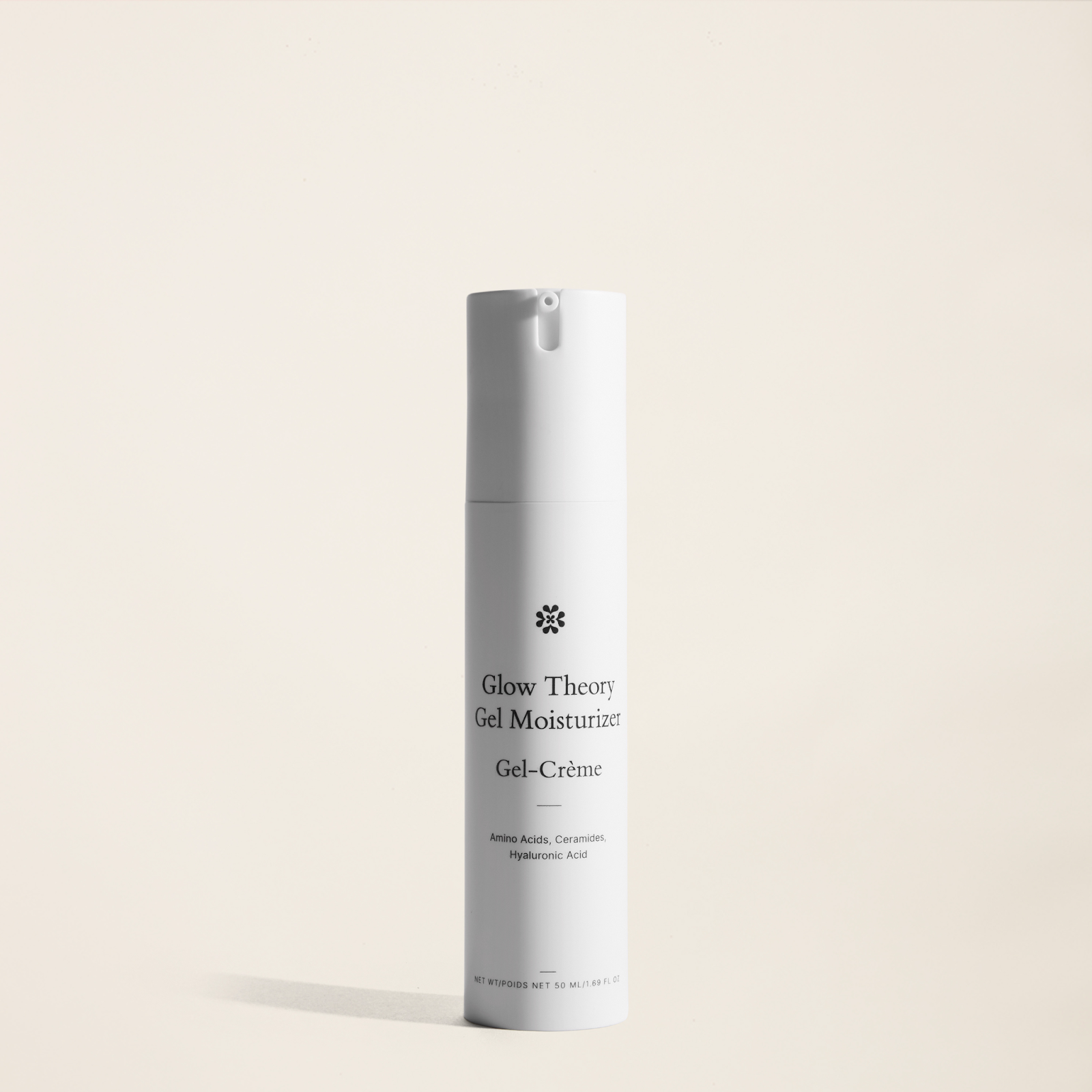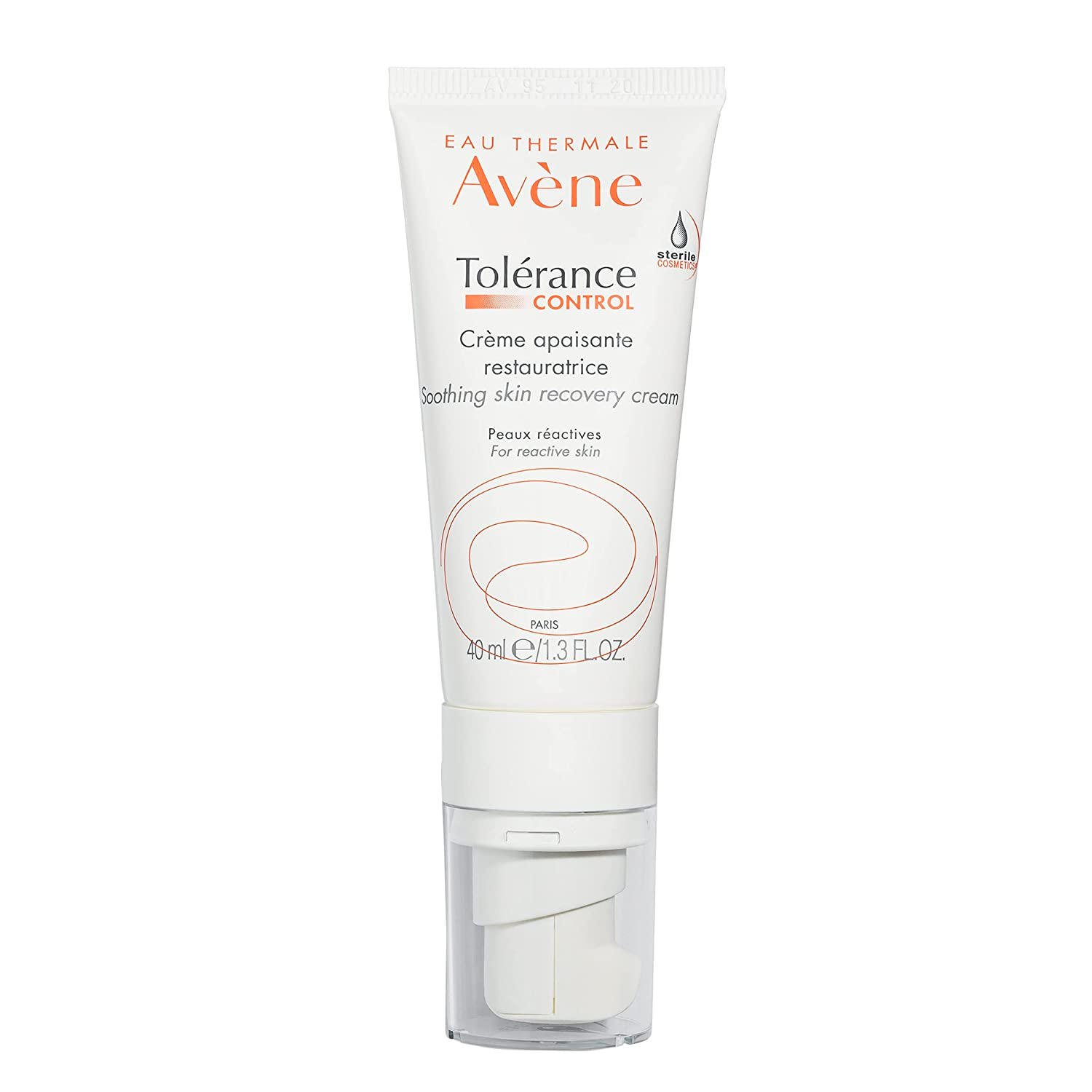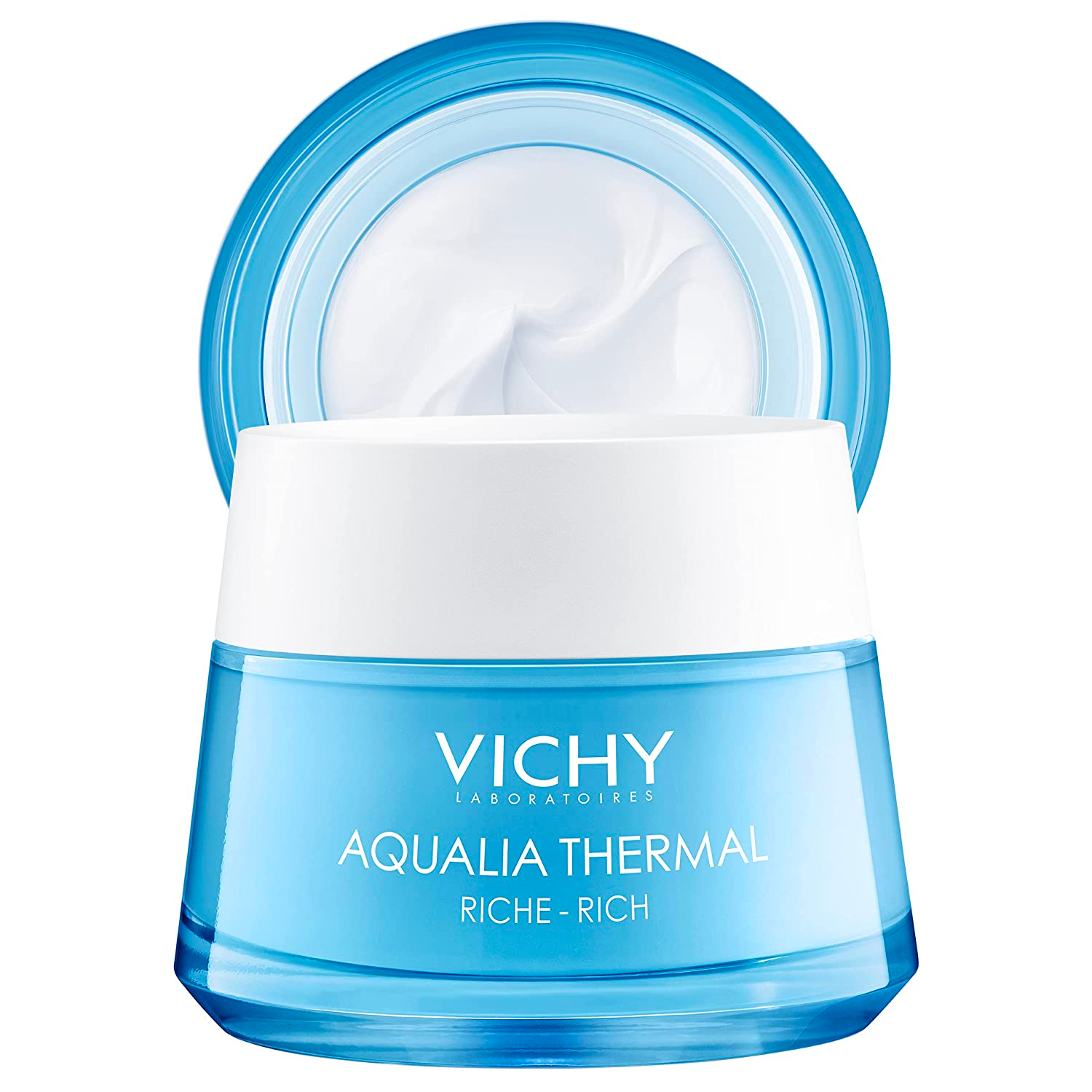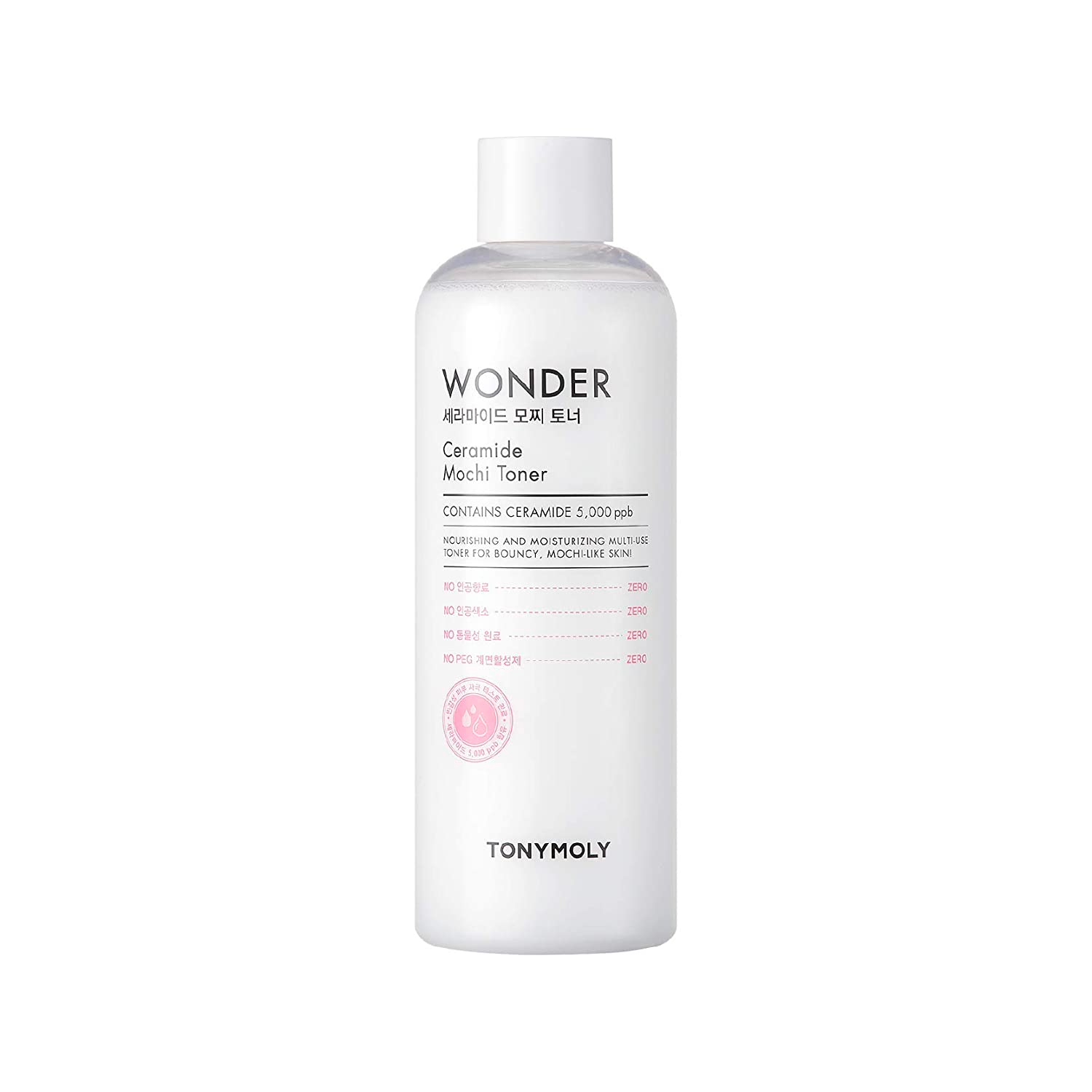In today's world, where pollution, stress, and other environmental factors are constantly taking a toll on our skin, sensitive skin has become a common issue. It is important to understand that sensitive skin requires special attention when it comes to skincare, and it can be challenging to find the right products that won't cause irritation and discomfort.
Sensitive skin is a common skin condition that affects a significant portion of the population. People with sensitive skin may experience redness, irritation, and discomfort when using certain skincare products. Therefore, it's important to choose skincare products that are gentle, non-irritating, and formulated specifically for sensitive skin.
In this article, we will discuss some of the best skincare products for sensitive skin.
What is sensitive skin?
Sensitive skin is a skin condition that is characterized by heightened reactivity to various external and internal factors, including skincare products, weather, stress, and hormonal changes. People with sensitive skin often experience symptoms such as redness, itching, burning, stinging, and dryness when using certain skincare products or being exposed to specific triggers. Sensitive skin can occur on any part of the body, but it is most commonly seen on the face, neck, and hands.
It is essential to use gentle skincare products and avoid harsh ingredients to manage sensitive skin effectively.
Challenges of Caring for Sensitive Skin
Caring for sensitive skin can be challenging, as individuals with this skin type often experience adverse reactions to many skincare products and environmental factors.
Some of the common challenges of caring for sensitive skin include:
- Finding suitable products: Individuals with sensitive skin often struggle to find skincare products that do not cause irritation, redness, or breakouts. Many skincare products contain harsh ingredients such as fragrances, alcohol, and sulfates that can trigger allergic reactions and exacerbate sensitive skin.
- Avoiding environmental triggers: Sensitive skin can be further irritated by environmental factors such as extreme temperatures, pollution, and UV radiation. Avoiding these triggers can be challenging, especially for those living in urban areas or areas with harsh weather conditions.
- Managing flare-ups: Even with the most gentle skincare routine, people with sensitive skin may still experience occasional flare-ups. Managing these flare-ups can be challenging, as they may require additional treatments such as prescription medications or specialized skincare products.
- Dealing with limited options: People with sensitive skin may have limited options when it comes to skincare products, as many products that are marketed as "gentle" may still contain irritating ingredients. This can make it difficult to find effective skincare products that do not aggravate sensitive skin.
- Balancing hydration and oil production: Sensitive skin can be both dry and oily, making it challenging to find a skincare routine that effectively balances hydration and oil production without irritating.
Underlying Causes of Sensitive Skin
Sensitive skin can be caused by a variety of factors, including:
Genetics
Some people are simply more prone to sensitive skin due to their genetic makeup.
Environmental factors
Exposure to environmental factors such as pollution, extreme temperatures, and harsh weather conditions can trigger sensitive skin.
Skin disorders
Skin disorders such as eczema, rosacea, and psoriasis can cause sensitive skin.
Allergies
Allergies to certain substances, such as fragrances, can cause sensitive skin.
Overuse of skincare products
Using too many skincare products or products that are too harsh for your skin can cause irritation and sensitivity.
Hormonal changes
Hormonal changes, such as those that occur during pregnancy or menopause, can cause changes in the skin that lead to sensitivity.
Stress
Stress can cause a range of skin issues, including sensitivity and irritation.
It's important to identify the underlying cause of your sensitive skin to determine the best course of treatment. If you are struggling with persistent skin concerns, consider consulting a dermatologist for a proper diagnosis and treatment plan.
Characteristics of Skincare Products for Sensitive Skin
Skincare products formulated for sensitive skin have certain characteristics that make them suitable for this skin type. Some key characteristics of skincare products for sensitive skin include:
Gentle and non-irritating
Sensitive skin requires gentle, non-irritating skincare products that do not contain harsh chemicals or fragrances. These products should be formulated with mild ingredients that soothe and nourish the skin without causing irritation or inflammation.
Hypoallergenic
Skincare products for sensitive skin should be hypoallergenic, meaning they have a reduced risk of causing an allergic reaction. These products should be free from common allergens such as fragrances, preservatives, and dyes.
Non-comedogenic
Sensitive skin is prone to clogged pores, so skincare products for this skin type should be non-comedogenic, meaning they do not block pores or contribute to acne breakouts.
Moisturizing
Sensitive skin often has a compromised skin barrier, which can lead to dryness and irritation. Skincare products for this skin type should be moisturizing to help repair and strengthen the skin barrier.
Examples of Skincare Product Types
Some examples of skincare products that are suitable for sensitive skin include:
Cleansers
Gentle, non-foaming cleansers that do not strip the skin of its natural oils.
Moisturizers
Lightweight, non-greasy moisturizers that provide hydration without causing clogged pores or irritation.
Sunscreens
Physical or mineral-based sunscreens that do not contain harsh chemicals or fragrances.
Serums
Soothing serums that contain hydrating and calming ingredients such as aloe vera, green tea, and chamomile.
Masks
Soothing masks contain hydrating and calming ingredients such as oatmeal, honey, and cucumber.
How to Choose the Right Skincare Products Based on Your Skin Type
Choosing the right skincare products for your skin type requires understanding your skin's specific needs and concerns.
Here are some tips for choosing skincare products based on your skin type:
Tip #1: Determine your skin type
Identify your skin type by observing the amount of oil your skin produces, how it feels throughout the day, and any specific concerns such as acne or sensitivity.
Tip #2: Read product labels
Look for skincare products that are specifically formulated for your skin type. Read product labels carefully to ensure they do not contain harsh ingredients that may cause irritation or inflammation.
Tip #3: Patch test
Before using a new skincare product, patch test it on a small area of skin to ensure it does not cause a reaction. Generally, patch tests are done on the neck as it is closest to the face.
Tip #4: Consult a dermatologist
If you have persistent skin concerns or are unsure about what products to use, consult a dermatologist. They can provide personalized recommendations and advice on how to care for your specific skin type.
Ingredients to Avoid for Sensitive Skin
If you have sensitive skin, it's important to avoid certain ingredients that can cause irritation, inflammation, and allergic reactions.
Here are some common ingredients to avoid for sensitive skin:
1. Fragrances
Skincare products that contain fragrances can be particularly irritating for sensitive skin. Fragrances can cause redness, itching, and inflammation, especially if you have a fragrance allergy.
However, while fragrances are a common irritant for sensitive skin, it's important to note that not all fragrances are created equal. Some fragrances may be less irritating than others, and some people may have different levels of sensitivity to specific fragrances.
This is why patch testing is important. Patch testing can help determine if a particular fragrance is safe for use on your skin.
2. Drying Alcohols
Products that contain high levels of drying alcohol, such as toners and astringents, can be very drying and irritating for sensitive skin. Look for alcohol-free alternatives or products that contain lower levels of alcohol.
3. Certain acids
Some acids, such as alpha-hydroxy acids (AHAs) and beta-hydroxy acids (BHAs), can be too harsh for sensitive skin. These acids are commonly found in exfoliating products and can cause redness, peeling, and irritation. If you have sensitive skin, consider using a gentler exfoliant such as a scrub or enzyme-based product.
If you have sensitive skin and want to try using AHAs or BHAs, it's important to start with a low concentration and gradually increase the frequency of use. Start by using the product once a week, and gradually increase the frequency of use if your skin tolerates it well.
4. Harsh surfactants
Surfactants are ingredients that help cleanse the skin by breaking down oil and dirt. However, some surfactants can be too harsh for sensitive skin, leading to dryness, irritation, and inflammation. Look for products that contain gentle surfactants such as cocamidopropyl betaine or sodium cocoyl isethionate.
5. Synthetic dyes
Synthetic dyes can be irritating for sensitive skin, especially if you have a dye allergy. Look for products that are dye-free or use natural colorants such as beetroot extract or turmeric.
Natural Skincare Products for Sensitive Skin
Here are some of the best-rated natural skincare products for sensitive skin.
Italic Glow Theory Gel Moisturizer

Italic’s moisturizer is formulated with a blend of natural ingredients, such as aloe vera, chamomile, and green tea, which can help to soothe and hydrate the skin, and synthetic ingredients, such as glycerin and dimethicone, which are commonly used in skincare products to provide additional hydration and to help improve the texture of the skin.
The product is also said to be free from sulfates, parabens, and synthetic fragrances, and is cruelty-free and vegan, according to the product description.
Price: $36
Eau Thermale Avene Tolerance Control Soothing Skin Recovery Cream

Eau Thermale Avene Tolerance Control Soothing Skin Recovery Cream is a skincare product designed specifically for people with hypersensitive, intolerant, or allergic skin. It contains a unique blend of ingredients that help to soothe and calm irritated skin while providing hydration and nourishment.
One of the key ingredients in this product is the Avene Thermal Spring Water, which is known for its soothing properties. This water is rich in minerals and trace elements that help to nourish and protect the skin, making it ideal for people with sensitive skin.
Price: $36
2. Vichy Aqualia Thermal Rich Face Cream Moisturizer

Vichy Aqualia Thermal Rich Face Cream Moisturizer is a luxurious and nourishing cream that is designed to provide intense hydration and moisture to dry and sensitive skin. It is formulated with Vichy's patented Mineralizing Thermal Water, which is known for its skin-soothing properties and is enriched with minerals that help to fortify the skin's natural barrier.
The cream also contains hyaluronic acid, which is a powerful humectant that attracts water to the skin and helps to lock in moisture. This ingredient helps to keep the skin plump and hydrated, reducing the appearance of fine lines and wrinkles.
Price: $34.99
3. TONYMOLY Wonder Ceramide Mocchi Toner

TONYMOLY Wonder Ceramide Mocchi Toner is a hydrating and soothing toner that is specially formulated for dry, sensitive and irritated skin. It contains a blend of ceramides, which are natural lipids found in the skin that help to maintain its barrier function and prevent moisture loss.
The toner also contains Centella Asiatica extract, which is a powerful anti-inflammatory ingredient that helps to soothe and calm the skin, reducing redness and irritation. It also has hyaluronic acid, which helps to attract and retain moisture, keeping the skin hydrated and plump.
Price: $20.70
Importance of Patch Testing
Patch testing is the process of applying a small amount of a skin care product on a small area of the skin to test for potential irritation or allergic reactions. This is especially important for people with sensitive skin who may experience adverse reactions to certain ingredients. Patch testing can help identify which ingredients may be causing skin reactions, allowing you to avoid them in the future.
Performing a patch test is simple and can be done at home. Here are the steps to perform a patch test:
Step 1: Choose a small area of skin
Select a small area of skin that is easily accessible and representative of your facial skin type, such as behind the ear, inner arm, or wrist.
Step 2: Apply a small amount of product
Apply a small amount of the product to the selected area and spread it evenly.
Step 3: Wait 24-48 hours
Leave the product on the skin for at least 24-48 hours without washing or touching the area.
Step 4: Observe for any reaction
Check the test area for any signs of redness, itching, or inflammation. If you experience any adverse reactions, wash the area immediately and discontinue the use of the product.
Tips for Interpreting Patch Test Results
When performing a patch test, it's important to properly interpret the results to determine if a product is safe for use on your skin.
Here are some tips for interpreting patch test results:
Tip #1: Look for signs of irritation
The most common signs of irritation include redness, itching, and swelling. If you notice any of these symptoms, it's best to avoid using the product on your face.
Tip #2: Determine the severity of the reaction
If you do experience some degree of irritation, it's important to determine the severity of the reaction. Mild irritation may be normal, especially if you're using an active ingredient your skin isn't used to. However, if the irritation is severe or spreads beyond the test area, it's best to avoid using the product altogether.
Tip #3: Take note of the timing
It's important to note when the reaction occurs after the patch test. If you experience immediate or severe reactions, it's a sign that the product is unsafe for use on your skin. However, if the reaction is mild and occurs several hours later, it may be a sign that your skin is adjusting to the product.
Tip #4: Consider the product's intended use
Finally, it's important to consider the product's intended use when interpreting patch test results. If you're testing a cleanser or toner, for example, you may be able to tolerate some degree of irritation since these products are not left on the skin for very long. However, if you're testing a moisturizer or serum that will be left on your skin for several hours, it's important to avoid any products that may irritate you.
Patch testing is an important step in identifying potential skin irritants or allergens. By performing a patch test, you can help prevent adverse reactions and keep your sensitive skin healthy and happy.
How to Shop for Sensitive Skin Products
When shopping for sensitive skin products, it's important to look for ingredients that are gentle and non-irritating.
Here are some ingredients that are beneficial for sensitive skin:
Ceramides
Ceramides are natural lipids found in the skin that help to maintain the skin's barrier function and prevent moisture loss. Products that contain ceramides can help to soothe and hydrate sensitive skin.
Niacinamide
Niacinamide is a form of vitamin B3 that has anti-inflammatory properties. It can help to reduce redness and inflammation in sensitive skin.
Hyaluronic acid
Hyaluronic acid is a hydrating ingredient that can help to soothe and plump the skin. It is gentle and non-irritating, making it a great choice for sensitive skin.
Chamomile
Chamomile is a natural ingredient that has anti-inflammatory and soothing properties. It can help to calm and soothe sensitive skin.
Aloe
Aloe is a natural ingredient that is known for its soothing and hydrating properties. It can help to reduce inflammation and redness in sensitive skin.
Remember to always patch-test new products before using them on your face, and consider consulting a dermatologist if you have persistent skin concerns.
Conclusion
Sensitive skin requires special attention and care when it comes to skincare. When shopping for skincare products, it's important to choose those that are specifically formulated for sensitive skin and avoid ingredients that can cause irritation and discomfort. Patch testing is also an important step in determining whether a product is safe for use on your skin, and it's important to properly interpret the results to avoid any potential irritation or reactions.
By identifying the underlying cause of your sensitive skin and using the right skincare products, you can help to soothe and protect your skin, leaving it looking and feeling healthy and radiant. Taking a careful and gentle approach to skincare can go a long way in ensuring that your sensitive skin remains healthy and beautiful.